
Store these 6 types of fruits in the refrigerator and it's "toang"
Many people believe that all types of fruit can be stored in the refrigerator. But this is a misconception!
The refrigerator is considered a powerful assistant in food preservation, helping to prevent bacteria and extend shelf life. However, not every fruit is suitable for low-temperature storage. Some fruits not only lose their natural flavor when refrigerated but may also pose potential health risks. Below are 6 fruits you should never keep in the fridge.
1. Bananas
Bananas are tropical fruits and highly sensitive to low temperatures. When placed in the refrigerator, the peel quickly turns black, the flesh becomes mushy, and the characteristic sweetness is lost. Additionally, bananas ferment easily, producing gases that create unpleasant odors inside the fridge. The best way is to store bananas in a cool, ventilated place away from direct sunlight and consume them within a few days of purchase.
2. Avocados
If unripe avocados are refrigerated, the natural ripening process will be interrupted, and the flesh may become hard and tasteless. On the other hand, ripe avocados kept too long in the fridge can quickly turn brown, bruise, and lose their healthy fats. Therefore, avocados should be stored at room temperature until ripe, then eaten immediately or processed. For longer storage, mash the avocado and keep it in the freezer.
3. Tomatoes
Many people tend to refrigerate tomatoes, but this is a common mistake. At low temperatures, the water crystals inside tomatoes break down, making them mushy with wrinkled skin. Their natural sweetness also diminishes. Moreover, chilled tomatoes do not provide the vibrant color when cooked. The ideal storage spot is a ventilated kitchen shelf away from direct sunlight.
4. Apples
When stored in the refrigerator for too long, apples often lose their aroma and crispness. In addition, studies show that ethylene gas released by apples in enclosed environments can accelerate the spoilage of other fruits. To keep apples fresh, store them in a basket in a cool outdoor place. If longer storage is needed, place them in paper bags and refrigerate moderately.
5. Papayas
Papayas are prone to spoilage when exposed to cold. Refrigeration disrupts their natural enzymes, causing the fruit to lose its sweet and refreshing flavor. Cold papayas can also become mushy and lose nutrients, especially vitamin C. Instead of refrigeration, keep papayas in a cool, ventilated area until they ripen and enjoy them fresh to maximize nutrients.
6. Mangoes
Mangoes, another tropical fruit, “dislike” cold temperatures. Storing them in the fridge can cause the skin to turn dark, the flesh to lose flavor, and even leak water. Cold storage also prevents mangoes from ripening evenly, reducing their quality. The best method is to let mangoes ripen naturally at room temperature. If not consumed in time, cut them into pieces, wrap tightly, and place in the freezer.
Not all foods are safe in the refrigerator. Storing the fruits above inappropriately not only reduces flavor but also diminishes nutrients and may increase the risk of bacterial contamination if kept too long. To keep fruit fresh and delicious, you need to understand the characteristics of each type and choose the proper storage method. A little attention can make family meals both tastier and safer.
News in the same category


Drinking lemon ginger water provides these 6 amazing benefits for your body

Mosquitoes are most afraid of this bowl of water. Place it in your house, and no matter how many mosquitoes there are, they will all be gone. Sleep peacefully!

Drinking lemon ginger water provides these 6 amazing benefits for your body.

Lost life due to a major mistake in using medicated oil

How to wash your hair with ginger water to reduce hair loss and hair growth

8 ways to get rid of motion sickness instantly without medicine: Travel long distances and still be healthy

Don't throw away expired or leftover beer, use it for these 8 things and everyone will praise it.

Save this valuable remedy to help draw out toxins and save lives from rabid dog and snake bites in just 1 minute.
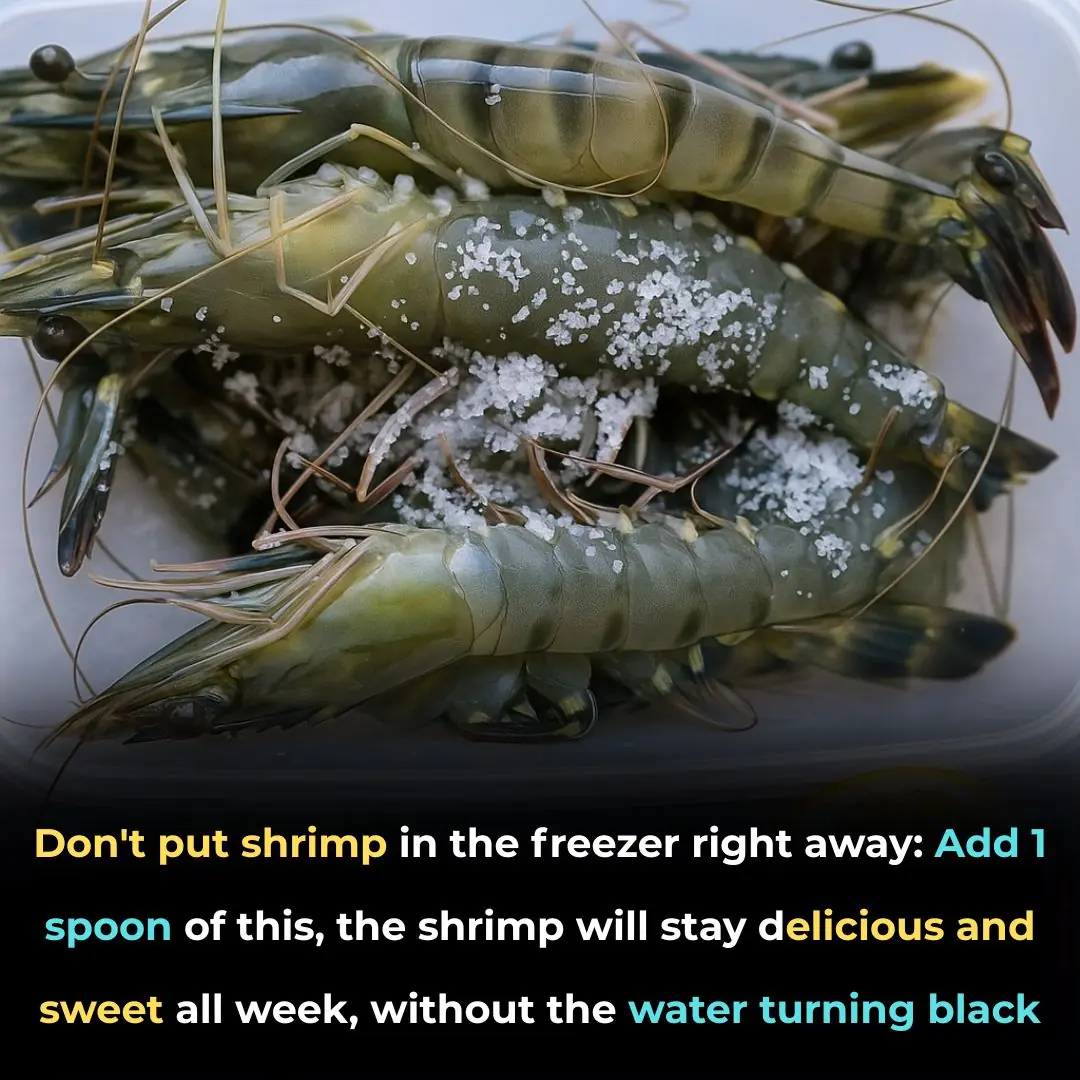
Don't put shrimp in the freezer right away: Add 1 spoon of this, the shrimp will stay delicious and sweet all week, without the water turning black

Soak orange and grapefruit peels in vinegar to get a special type of water that can save you a lot of money

Air fryer is extremely convenient if you know the following 10 tips

Vaseline Uses and Benefits for Skin, Lips and Hair | Petroleum Jelly Benefits

How to Wash Your Hair with Ginger Water to Reduce Hair Loss and Boost Baby Hair Growth
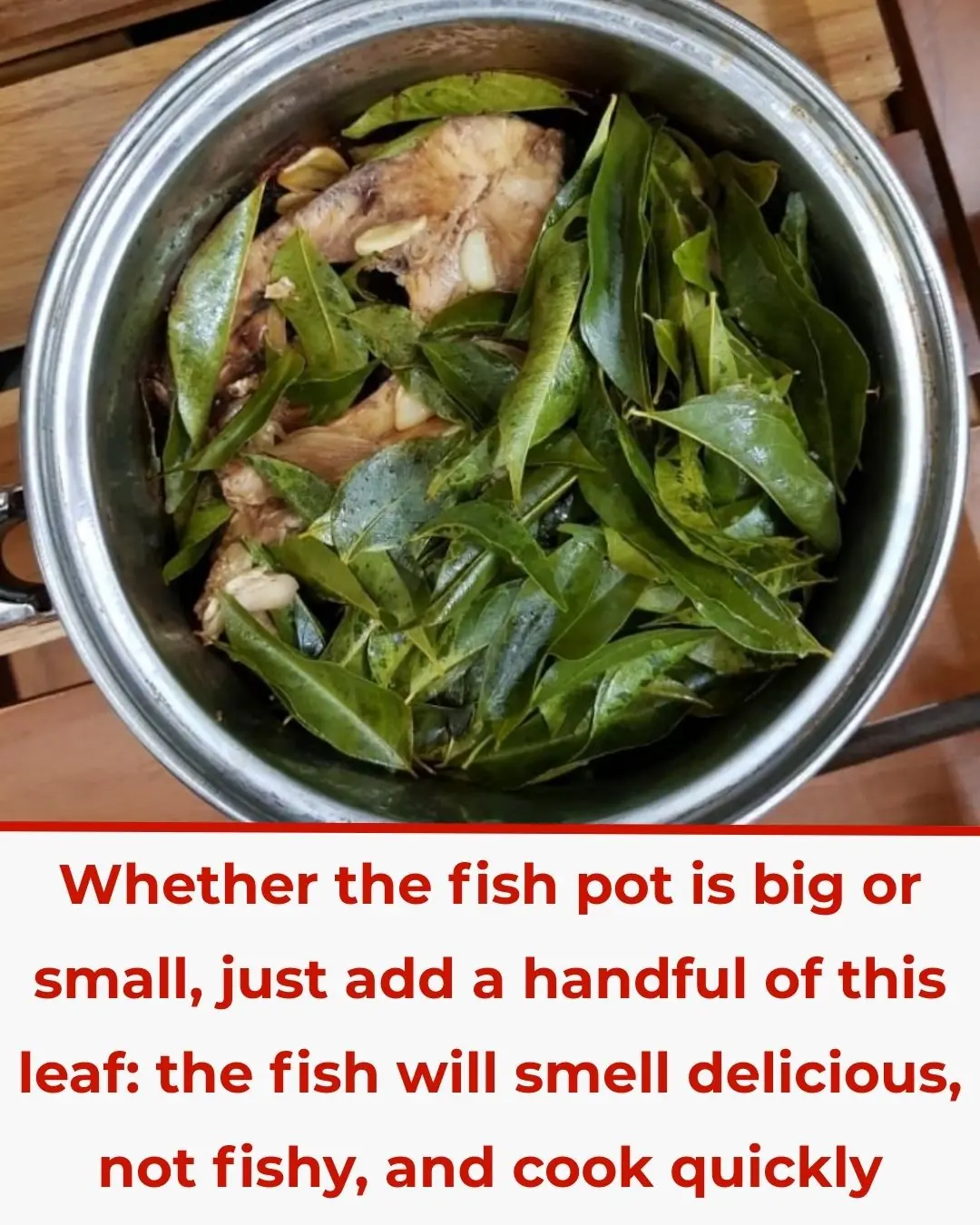
Simmering Fish With Just One Handful of This Leaf: Rich Aroma, No Fishy Smell, Tender to the Bone

Plantain grows wild everywhere but is a precious medicine: There are 7 medicinal recipes from plantain that everyone should know.
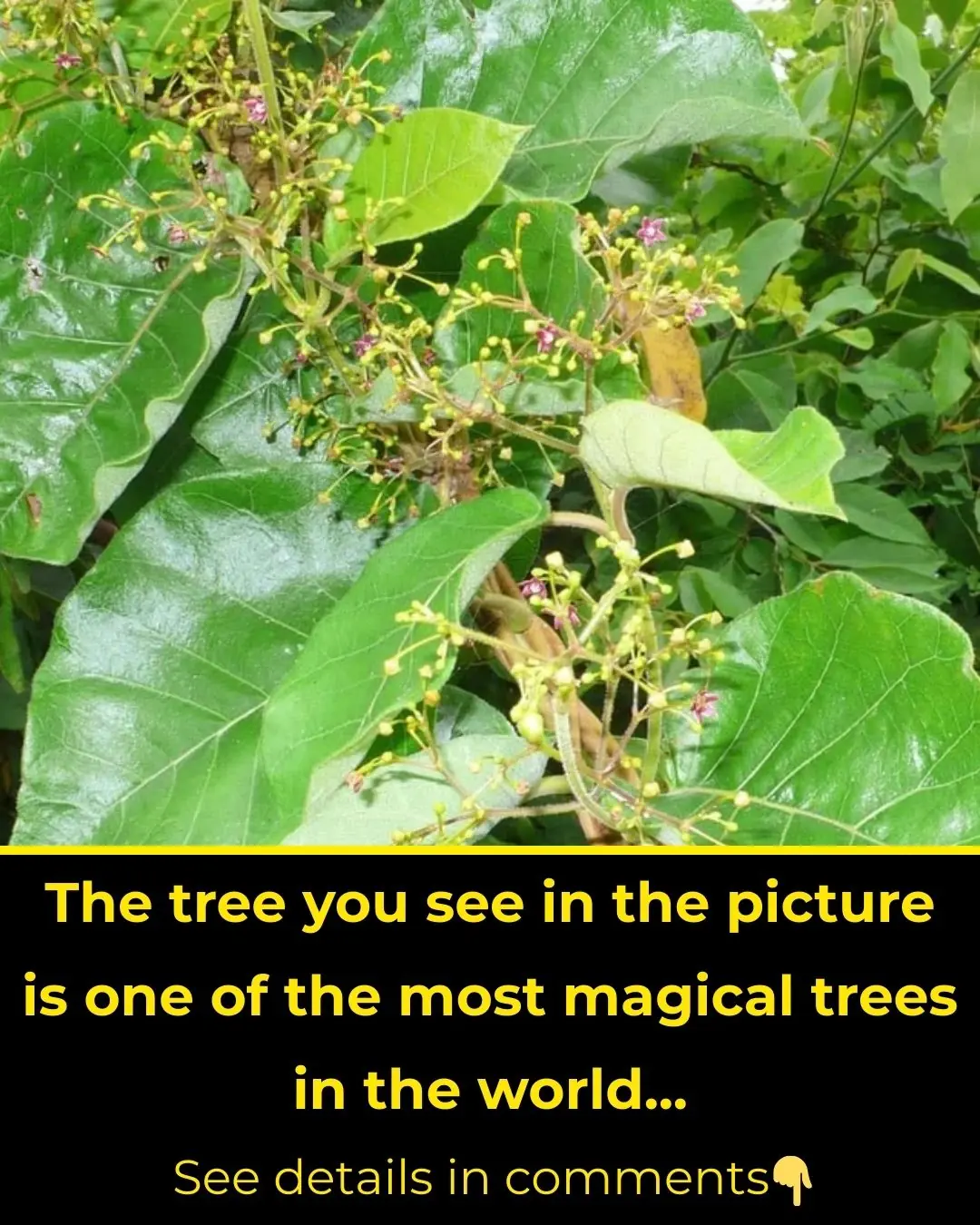
White Polygonum multiflorum: A folk remedy that helps enrich the blood

Soak orange and grapefruit peels in vinegar to get a special type of water that can save you a lot of money.
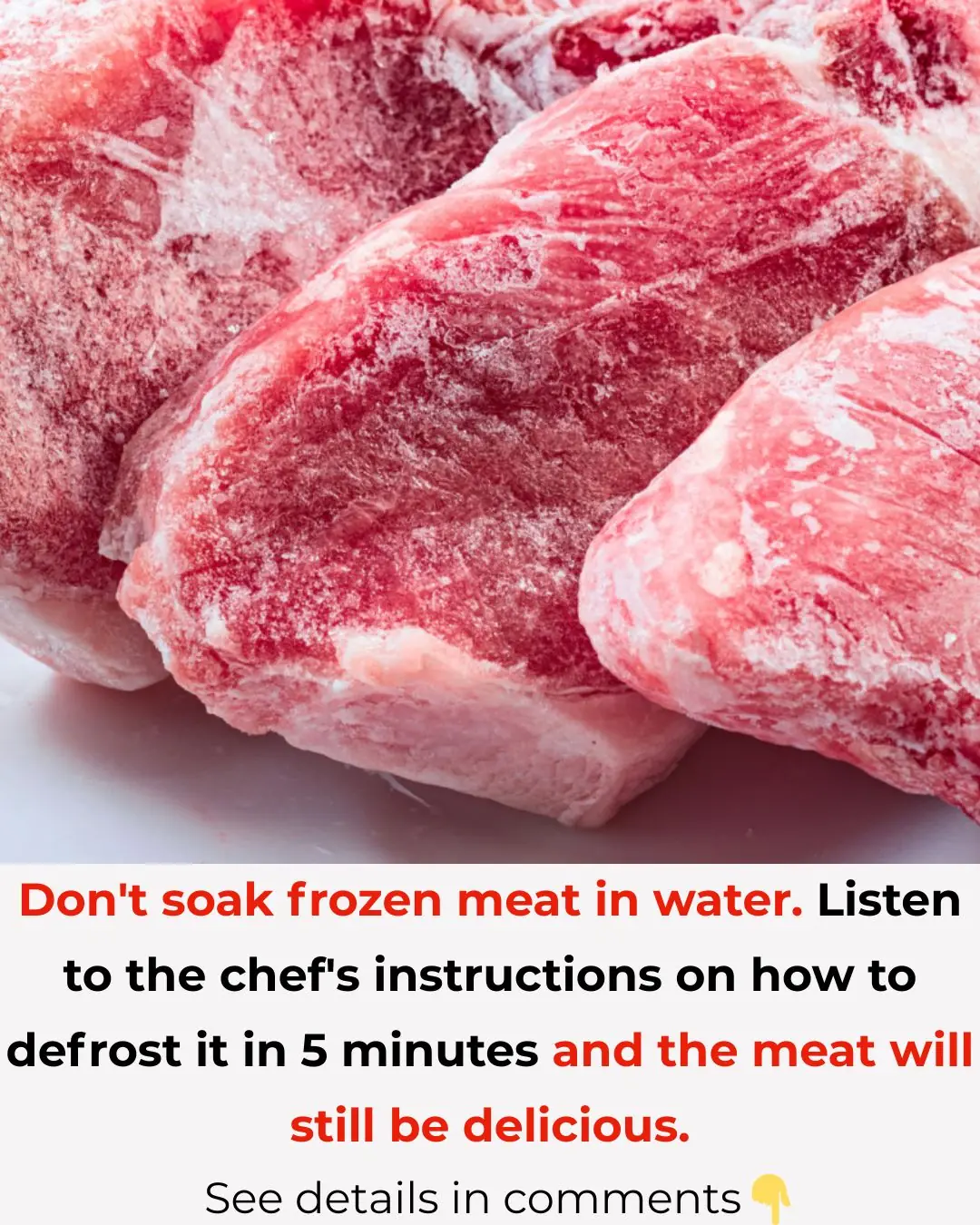
Don't soak frozen meat in water. Listen to the chef's instructions on how to defrost it in 5 minutes and the meat will still be delicious.
News Post
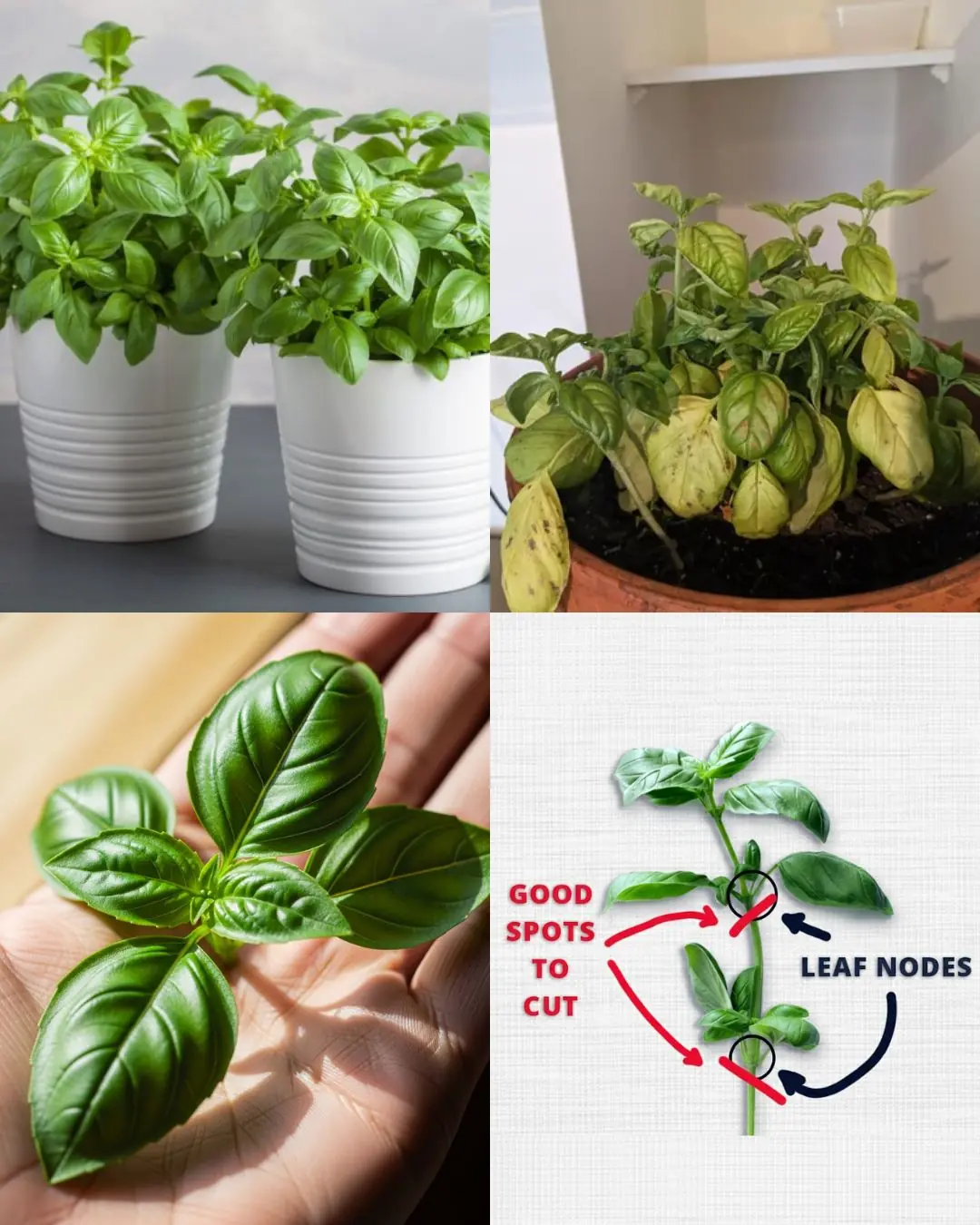
How to Keep Supermarket Basil Alive and Thriving

3 Best Detox Drinks for Glowing, Healthy Skin

Erase Wrinkles and Fight Signs of Aging with Banana Face Pack: The Ultimate DIY Skincare Remedy

DIY Korean Rice Cream: The Secret to Wrinkle-Free, Glowing Skin Even After 50 – DIY Recipe and Benefits

Anti-Aging Face Mist with Rice Water: Unlock the Secrets to Hydrated, Glowing Skin
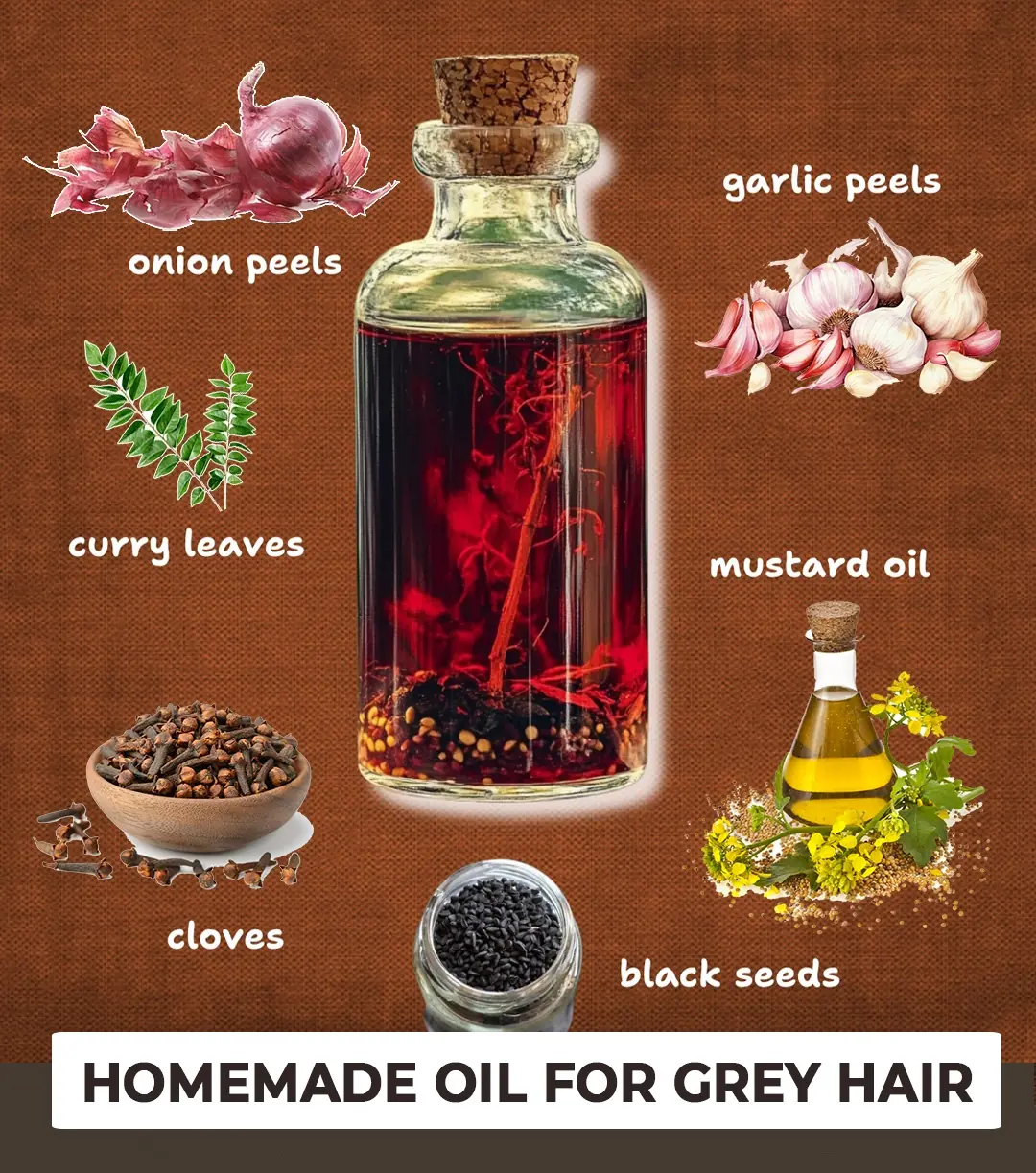
Roasted onion peel treatment for grey hair

Homemade Onion Juice Serum To Grow Thick Eyebrows In Just 1 Week

DIY Aloe Vera Beauty Cubes for Dark Spots, Acne, and Skin Rejuvenation: The Ultimate Skincare Hack

6 Home Remedies to Lighten Dark Underarms | How to get rid of Dark Underarms
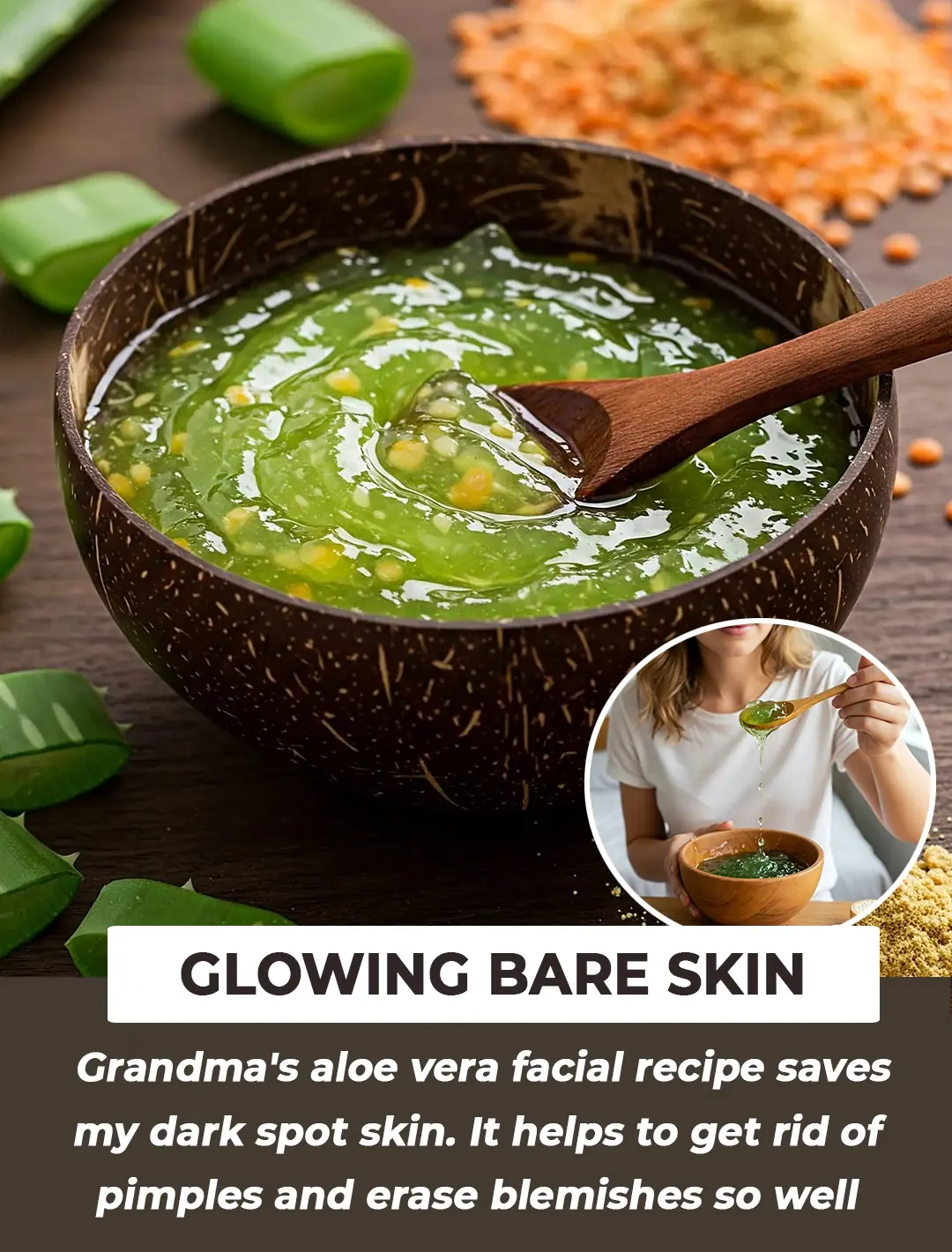
DIY Aloe Vera Facial: A Step-by-Step Aloe Vera Facial for Skin Lightening

How to make banana vinegar with just 4 simple ingredients, and enjoy the delicious final product.

Drinking lemon ginger water provides these 6 amazing benefits for your body

Mosquitoes are most afraid of this bowl of water. Place it in your house, and no matter how many mosquitoes there are, they will all be gone. Sleep peacefully!

Drinking lemon ginger water provides these 6 amazing benefits for your body.

Anyone Whose Hair Is Falling Out Needs To Make This 2-Ingredient Drink Immediately

13 Detox Foods To Flush Out Toxins, Fight Cancer Cells And Relentlessly Hunt Free Radicals

Doctor warns: your ‘healthy’ lemon water habit is actually destroying your liver – here’s what you’re doing wrong

The Secret Power of Plantago Major that no one knows
